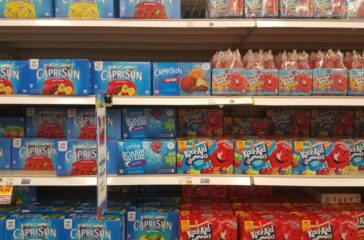Advertising sugary cereals to children needs regulation, report says
By Carey Gillam
Food companies are continuing to push unhealthy cereals high in sugar content into the diets of young children through targeted television advertising despite pledges by leading companies to voluntarily regulate such advertising, according to a new analysis.
 EWG
EWG
